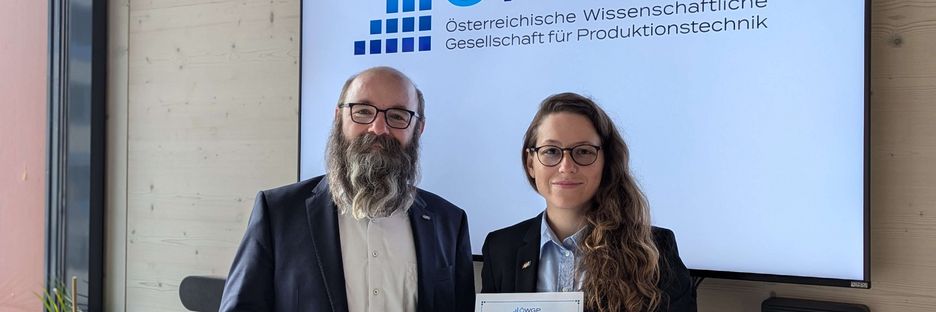Welcome to the LIT | CPS Lab!
More with less — how do we master the increasing complexity of production systems?
Industry faces major challenges as product lifecycles shorten, product variability increases, and global markets become more volatile. To remain competitive, production facilities and equipment must be adaptable to respond quickly and efficiently to these changes.
A key success factor in achieving these goals is the control and automation infrastructure. New distributed architectures are a possible approach to address these requirements. New interaction and communication patterns as well as new ways of programming automation systems consisting of networked control units are required.
Mastering variability and complexity in cyber-physical production systems also requires new software engineering methods and tools, particularly for variability modeling and product configuration as well as to support maintenance and evolution.
LIT | CPS Lab
Address
Johannes Kepler University Linz
Altenberger Straße 69
4040 Linz
Location
LIT Open Innovation Center Ground Floor
Management
Univ. Prof. Dr. Rick Rabiser
Univ. Prof. Dr. Alois Zoitl
Phone
+43 732 2468 9494
News & Events
Congratulations Philipp!
On Feb 4 Philipp Bauer successfully defended his Master's thesis "Supporting Control Software Evolution with Model Comparison" supervised by Lisa Sonnleithner and Rick Rabiser at the CDL VaSiCS of the LIT CPS Lab. The thesis presents an approach for extracting differences and equivalences between variants and converting them into delta artifacts. The thesis integrates this into Eclipse 4diac™, providing a visualization tool and the semi-automatic generation of delta artifacts given any number of variants. Furthermore, the thesis evaluates the effectiveness of the proposed methods through quantitative comparisons and qualitative analyses, addressing research questions about algorithm performance, delta generation strategies, and manual effort reduction.
Big congratulations for defending your thesis with best possible marks. All the best for the future and thank you very much for your great work!
Thank you also for being in the Master thesis defense committee, Birgit Pröll and Alois Zoitl!
Lisa Sonnleithner and Excellence: From Papers to Peaks
Our team at the LIT Cyber-Physical Systems Lab consists of around 25 colleagues. Beyond the diverse expertise and research areas, we value the personalities that make our team unique.

ÖWGP Doctoral Prize
On October 29, 2024, the ÖWGP doctoral prizes were awarded at the Graz University of Technology as part of the autumn conference of the ÖWGP, the Austrian Scientific Society for Production Engineering, at its ÖWGP doctoral colloquium.
Eleven excellent PhD theses in the field of production science, written at Graz University of Technology, University of Innsbruck, Montanuniversität Leoben, Johannes Kepler University Linz and Vienna University of Technology, were presented at the colloquium of the doctoral prize, which is awarded annually, and then evaluated by a jury of experts from various disciplines.
We would like to congratulate our Lisa Sonnleithner on winning the 3rd place for her work "Analyzing and Improving Control Software Quality in Cyber-Physical Production Systems".

Symposium on Software Performance
On November 6–7, 2024 the 15th edition of the Symposium on Software Performance was held in Linz—organized and hosted by the JKU/Dynatrace Co-Innovation Lab, a collaboration between the LIT CPS Lab and Dynatrace Research. It brought together researchers and practitioners with a shared interest in all facets of software performance, ranging from modeling and prediction to monitoring and runtime management. This edition attracted over 50 participants from 16 affiliations, including well-known educational and research institutions from Austria, Germany and Denmark as well as prominent industry companies.
 Go to JKU Homepage
Go to JKU Homepage


